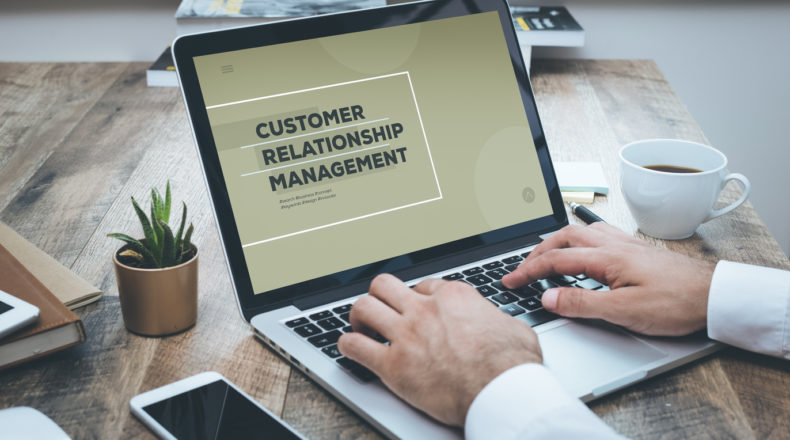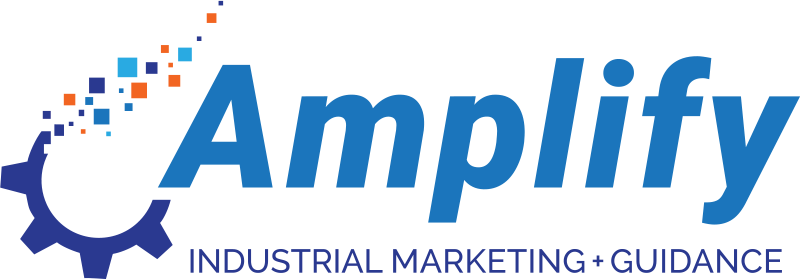
A CRM – Customer Relationship Management – suite is one of the most valuable software assets your business can have. By allowing you to track interactions with all of your leads and intervene with each one as necessary, it makes sales and marketing scalable.
Once you have a CRM, stakeholders soon realize its capabilities take major burdens off their shoulders, automating key workflows from acquisition through final sale. However, given the wide range of options available, selecting a CRM is not always easy.
To accelerate the process, take these steps:
Make Sure You’re Getting the Right Features in your CRM
The key features for a robust CRM are:
Contact Management
Lets you sort and retrieve all of your leads, customers, and suppliers at a glance.
Sales & Marketing Automation
Automates prospecting and lead nurturing while recording all relevant interactions.
Sales Tracking
Allows you to monitor sales performance, sales rep contribution, and create sales forecasts.
Communication
Centralizes email, phone, live chat, social, and other methods of customer outreach.

Choose the Appropriate Deployment Model
CRM software is generally available in three varieties:
Hosted
In this model, the enterprise buys or leases the software and feature modules, then uses a hosting company to maintain the data. It’s not necessary for the enterprise itself to invest in hardware infrastructure or IT leadership.
Web
With a web-based CRM, the data “lives” in your hardware on your office premises. However, it’s not required to install instances of the software on multiple machines throughout your company: users on any device can access the CRM with a username and password.
Cloud
This model provides the greatest flexibility for global distributed teams and those who travel frequently. The software company itself hosts the data, relieving you of a great deal of overhead, but your data might be hosted in a less secure “shared” environment.
Consider Whether the Pricing is Sustainable
CRM software is becoming common, and competition has driven down costs. Most CRM applications are billed on an annual basis based upon the total number of users who are accessing the software. Costs range anywhere from $5 to $20 per user.
Verify “Extra” Features You Might Want
Not all CRMs have the same features. Decide whether you need the following:
- Customer Support: Priority customer support may be available through a live online channel, phone, email, or support tickets.
- Customization: Many enterprises can meet all their needs “out of the box,” but some CRMs offer full developer access, too.
- Mobile Support: Mobile support is essential for CRMs to be used by field sales teams.
A CRM accelerates the B2B sales cycle, raises your efficiency, and lets you track sales performance This will help you both improve your ROI and prove it with rock solid data.
